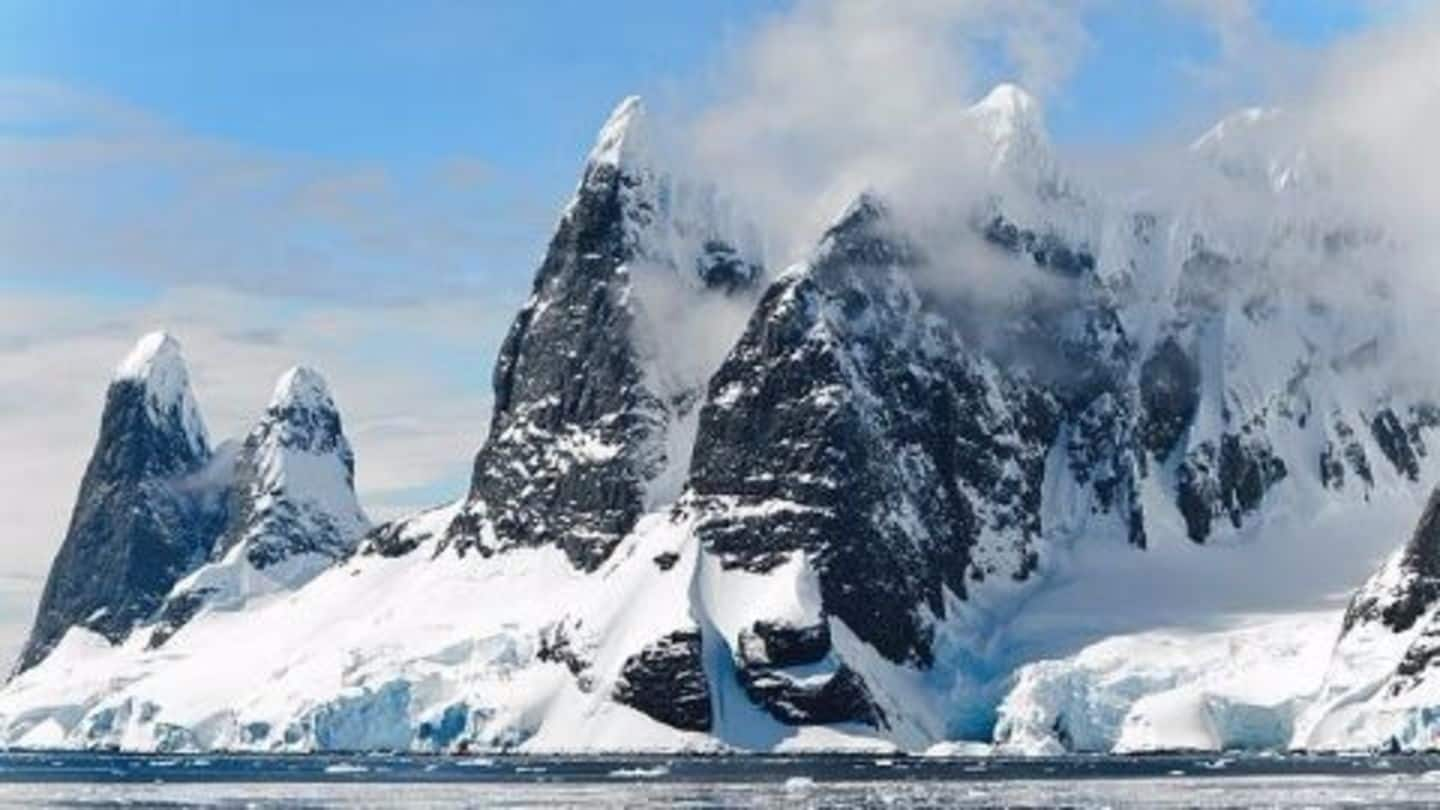
South Pole explorer dies in historic attempt
What's the story
Veteran polar explorer Henry Worsley met his end in his attempt to become the first man in history to cross the Antarctic continent solo, completely unsupported and unaided.
After 71 days of enduring the extreme conditions, Worsley called for a rescue 30 miles from his destination.
Worsley was subsequently flown to a hospital in Southern Chile, where he succumbed to peritonitis, an abdomen infection.
Worsley
Who is Henry Worsley?
Born in 1960, Henry Worsley had a 36-year long career in the British Army, serving in the Royal Green Jackets and Rifles Regiment, before retiring in October 2015.
In 2001, Worsley was the commander of Operation Veritas - Britain's military intervention in Afghanistan.
Worsley also had a passionate interest in Antarctic explorers of the Edwardian age - the likes of Shackleton, Scott and Amundsen.
Expeditions
Worsley's previous expeditions to the Antarctic
In 2008-09, Henry Worsley led his first expedition to the Antarctic to commemorate Ernest Shackleton's 1907-09 expedition which pioneered a route through the Transantarctic Mountains to a point just 97 miles from the South Pole.
Worsley returned to Antarctica leading a team of six soldiers in 2011-12 to commemorate Captain Robert Falcon Scott's and Roald Amundsen's 1912 race to the South Pole.
13 Nov 2015
Henry Worsley embarks on historic expedition
Henry Worsley arrived at his starting point - Berkner Island, Antarctica, to embark on an unassisted and unsupported crossing of the Antarctic continent.
"I know I'm going to suffer...and I know I'm going to have bad days," said Worsley.
A descendant of Frank Worsley, whose seamanship during 1914-1915 saved explorer Ernest Shackleton's men, Henry wanted to retrace Shackleton's planned route across the Antarctic landmass.
Reasons
Henry Worsley and the Endeavour Fund
The Endeavour Fund was created in 2012 by the Royal Foundation, supported by the Duke and Duchess of Cambridge and Prince Harry, for supporting the recovery of injured and sick servicemen and women.
Worsley set out on his expedition with the aim of raising more than £100,000 for the charity.
Before his demise, Worsley had exceeded his goal according to the Endeavour Fund website.
Do you know?
Antarctic explorers who went solo
In 1996-1997, Norwegian explorer Borge Ousland crossed the Antarctic landmass alone and unsupported, although he used a kite to pull his sled. In 2012, British explorer, Felicity Aston completed the journey alone, albeit assisted by two supply drops.
Journey
Worsley's final journey
At the start of his journey on 13 November 2015, Worsley carried over 135 kilograms of supplies for the 80 day journey.
Braving temperatures of -44 degrees Celcius, Worsley travelled alone for 71 days covering a massive distance of 913 miles.
Worsley reached the South Pole on 2 January 2016 (Day 51) with deteriorating health, and started on the final leg of the journey.